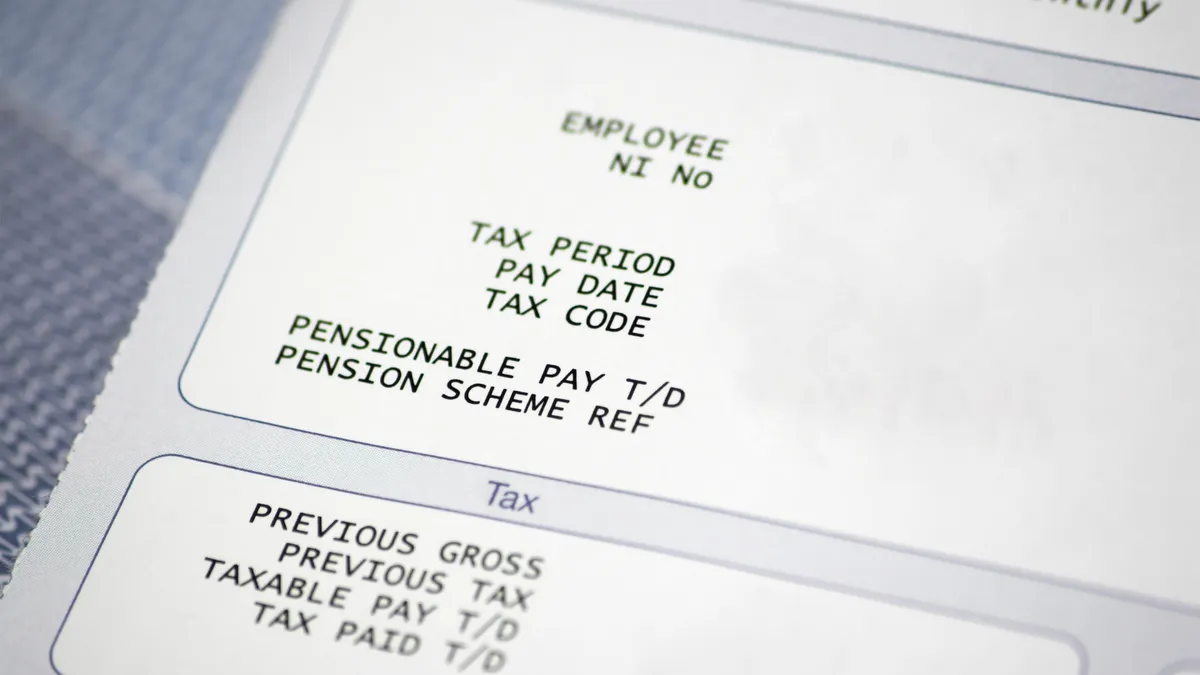Editor's note: The following is a contributed piece by Beth Steinberg, chief people officer at Zenefits.
In a perfect world, the need for salary negotiation wouldn't exist. There'd be no reason to complain about fair compensation because all employees would be paid by a fair and equitable system. Bias, bargaining and conflict would be kept out of the equation completely. But in the real life workplaces we all know and love, compensation is a complicated issue that touches everyone, often shrouded in mystery and hushed conversations over coffee down the street — even among seasoned HR practitioners.
Years of gender-, race- and sexual orientation-related bias have perpetuated a massive gap in pay, most often between white males and … pretty much everyone else. But contrary to what most career sites will tell us, the path to pay equity does not focus on teaching people to negotiate more or better. Equal pay is a widespread societal issue that cannot be solved on an individual basis — rather, real compensation fairness starts and ends with transparency and a systemized approach.
And that begins and ends with leaders who believe in it.
Because if you think about what motivates people in the workplace, fairness is a very big factor. When people sense a lack of fairness, people became disengaged — and an employee with one foot out the door is virtually the worst problem to have in today's competitive market. And that's a problem that goes all the way up to the C-suite.
Pay people what they're worth
Earlier in my career I was working as the vice president of people in charge of a client group with more than 2,500 people worldwide. Because I was in HR, I knew that I was compensated less than my male peers — but I wasn't sure why. I didn't negotiate well coming in, sure, but there was no clear explanation for why I was significantly undercompensated. Eventually, the male chief people officer left and was replaced by a woman. Within days of her starting date, she brought me into her office and gave me a significant raise on the spot. That raise awarded me the compensation that my role, skills and experience deserved.
If your employees don't understand their compensation — and why it is where it is — that's a huge problem. I always tell my hiring managers, if we're doing our jobs right, employees should never feel confused or in the dark about compensation. Fair compensation is an important part of building a company's culture, integrity and values — and leadership, including HR, needs to understand compensation equation. Figuring out fair compensation is more than just reaching pay equity; it's about building the foundation of a company.
Transparency is more important than salary
When I began working at a now-iconic Silicon Valley company, we were very small. I knew I would make a trade-off from cash to equity by joining. In order to make sure the leaders in the company felt fairly compensated, the CEO paid everyone at the same level the same amount. This changed over time with scope and increased performance, but having everyone — including me, the only woman — on equal footing from the start gave me trust and confidence that I was being paid fairly.
Clarity, transparency and trust in the offer stage made a big difference in how I viewed the CEO and the company. Of course, employees deserve to be compensated for the work they do. But a pay structure based on a variety of factors (market data, experience and position) and open, honest communication about how it's implemented can alleviate any insecurity around pay equity down the line.
Putting a pay structure like this in place, however, can take a lot of work — and sometimes that work is best left up to an outside expert. Regardless of how you choose to approach it, immense research, market understanding, surveying and testing will be required to find a system that works for your company — and arguably more important? How this system is communicated.
Performance, not potential
It's widely known that in the early 2000's, large tech companies like Google and Yahoo preferred to hire and reward graduates from elite universities — especially Ivy League schools. Some companies still do. The best education, they reasoned, was worth a major investment. But soon these companies began to realize that smart, hard-working, well-adjusted candidates come from every college around, and paying prestigious alumni more didn't result in any huge net benefits.
Hiring on potential is one of the most common ways the wage gap stays in power. So many employees have a great resume on paper, but instead of rewarding for a track record that hasn't been proven, HR leaders should consider paying on a more standardized scale at the outset.
The issue of equal pay is deeply entrenched in our society and cannot be untangled and repaired overnight. While companies may understand that fair pay is important for building culture within an organization, the gap has survived for years because it isn't always obvious at first glance. But it's the responsibility of the company's leaders to do their due diligence, advocate on behalf of their employees, and determine a fair and equitable pay that makes sense for every individual organization.
As leaders, we have the opportunity to change the system and finally close the gap. We've made significant progress on the equal pay movement in recent years when it comes to gender — but race and sexual orientation have a ways to go. A clear system and compensation philosophy in place is more important than ever. If we can educate our leaders on why this system is so important — as well as our employees on how it actually works — we'll all be better off. As we continue to hire great people and build the cultures of our companies, the power is in our hands. I hope things start to change.




















